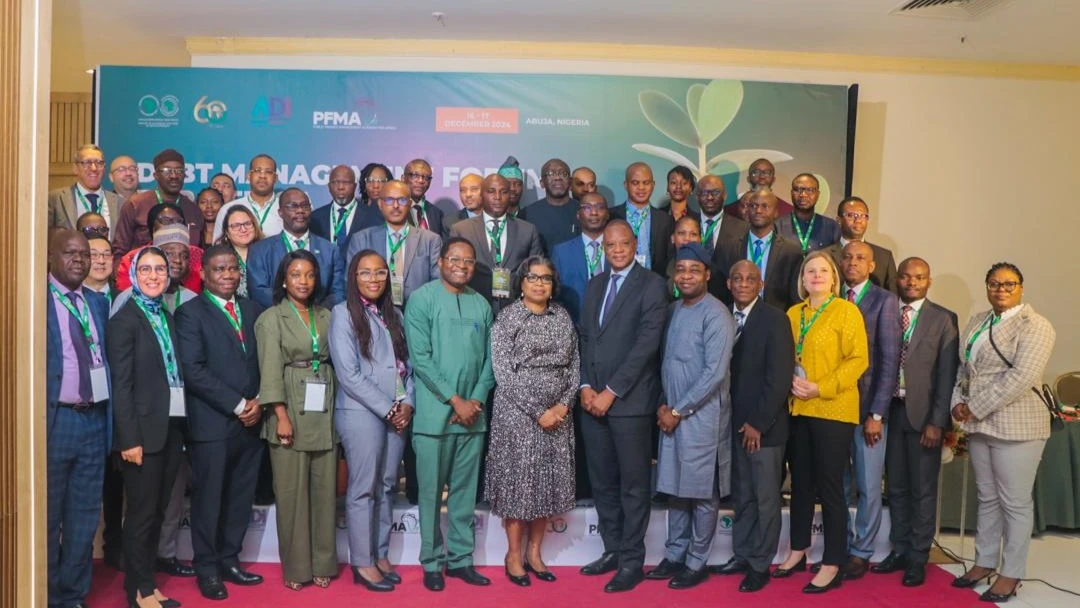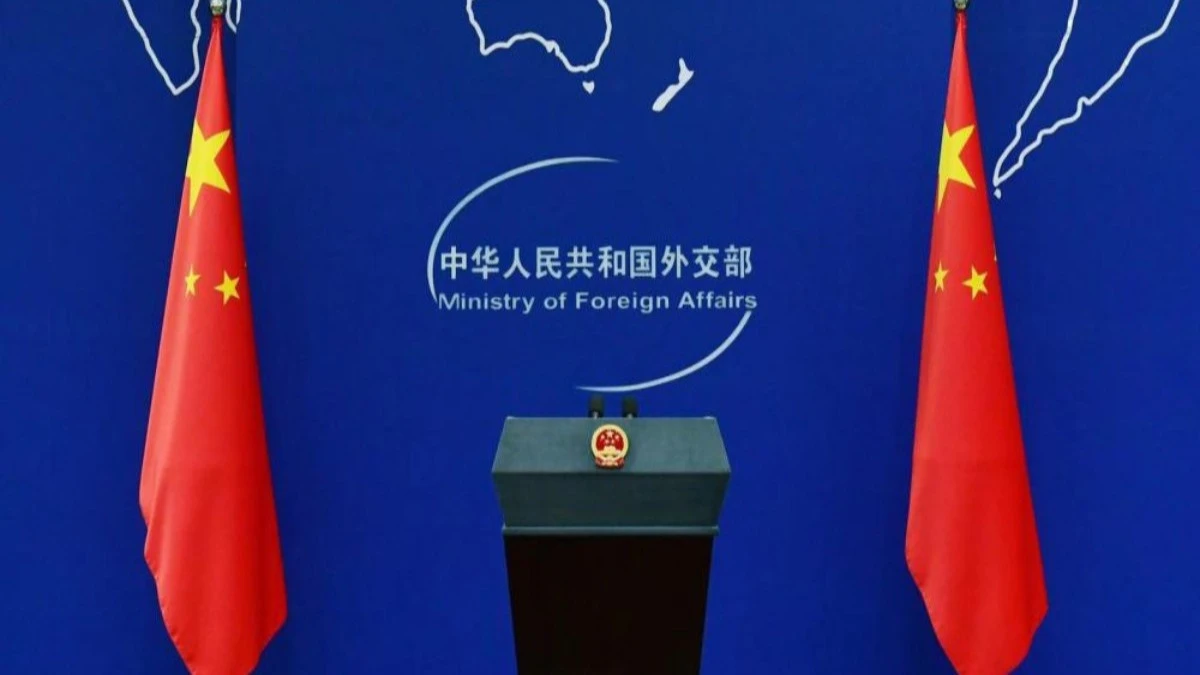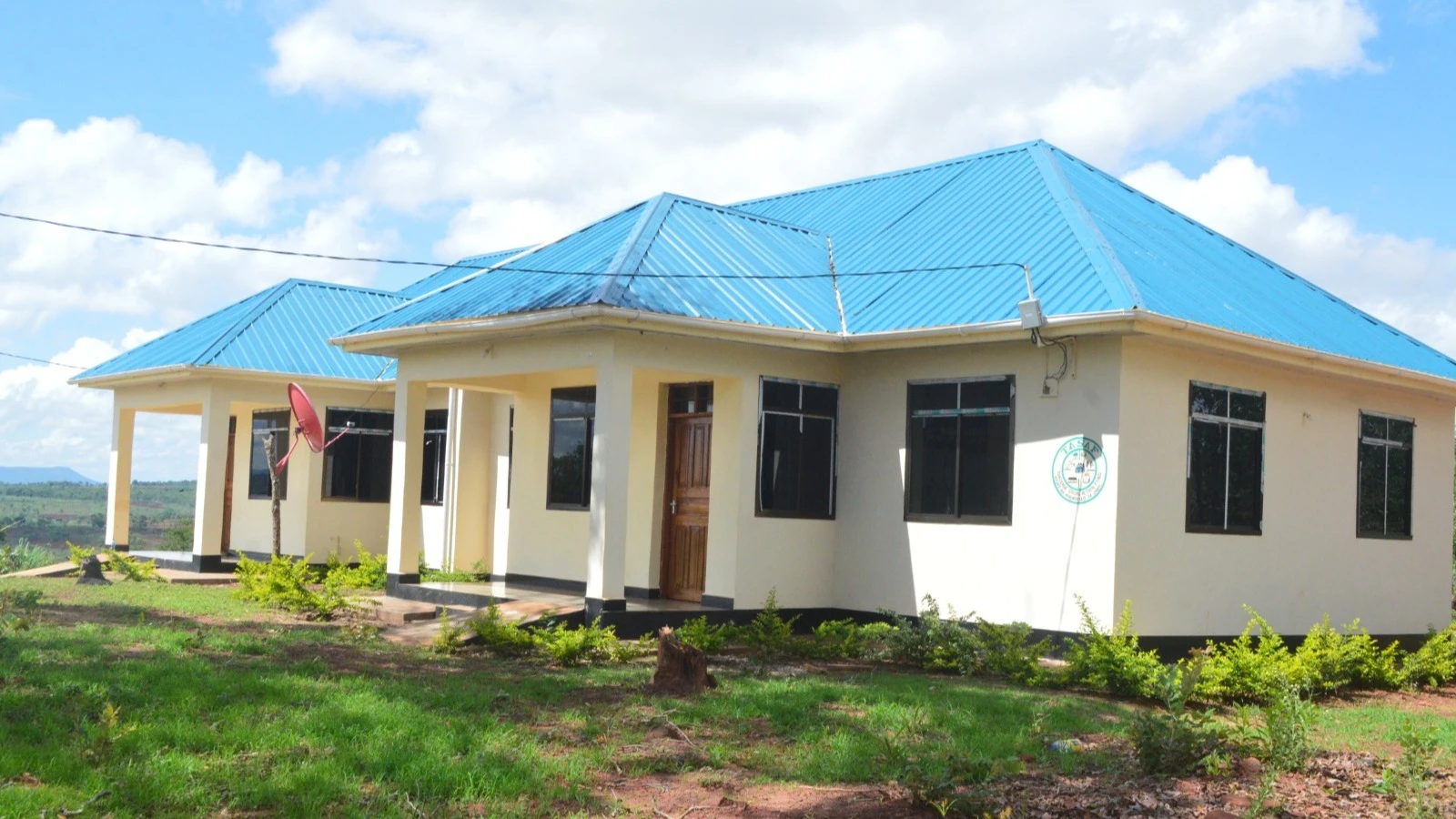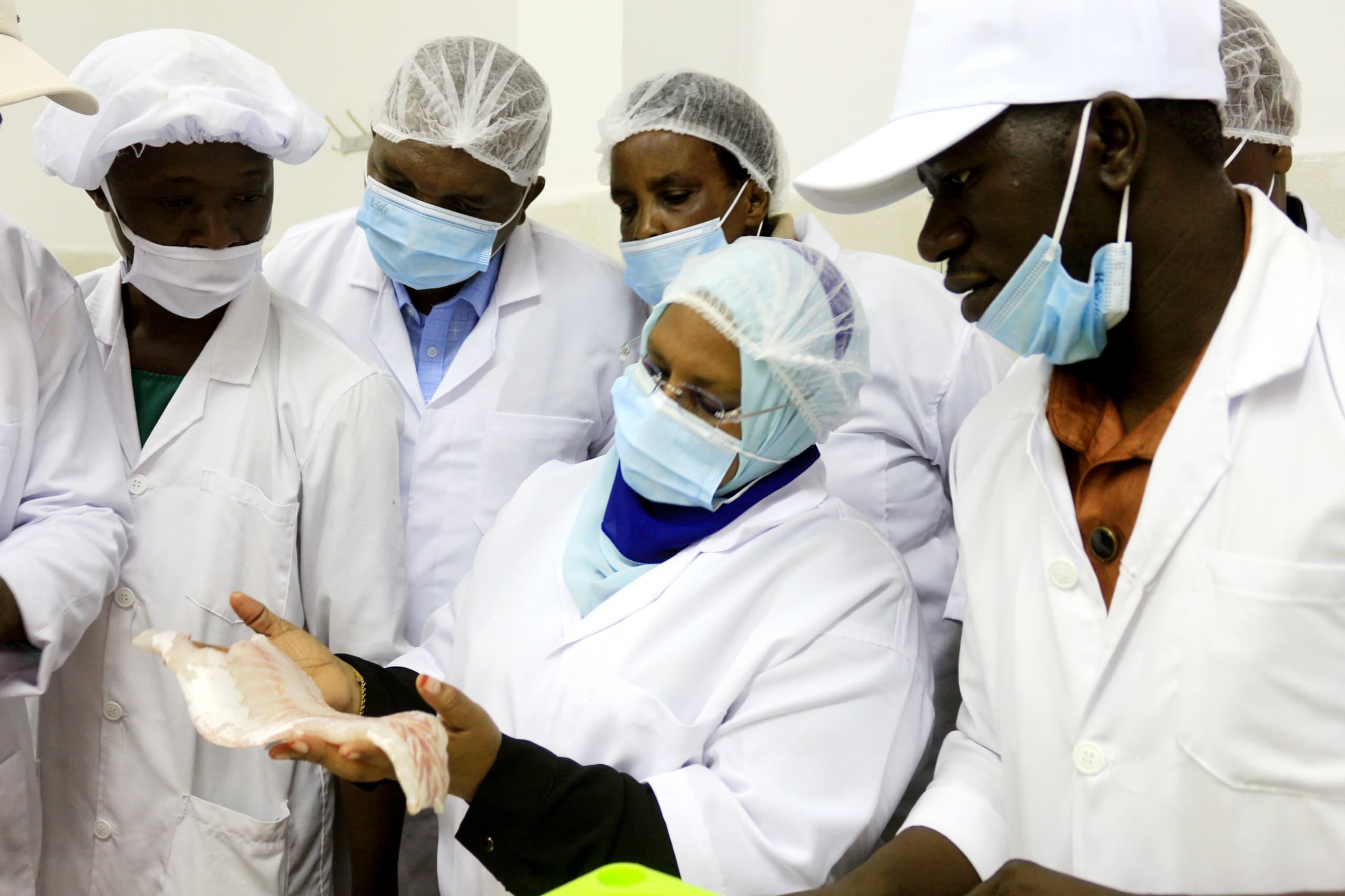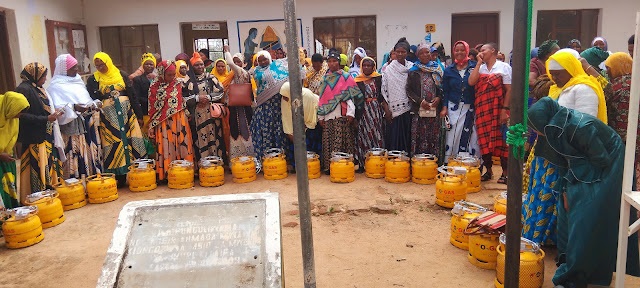New US drug reported to give 'total protection' against HIV
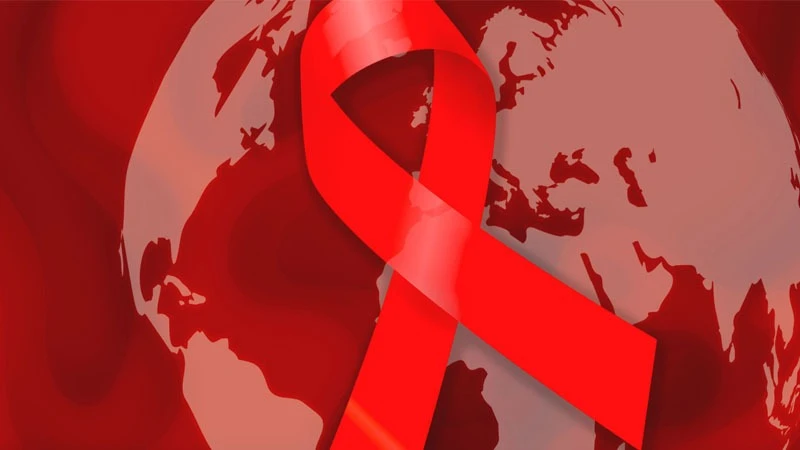
GILEAD Sciences, Inc. a pharmaceutical research firm based in Forster City, California in the United States, has obtained approval of a new therapy for resistant HIV/AIDS named Sunlenca, trading by the medical name of lenacapavir.
The new drug, in combination with other antiretroviral(s) (ARV), has been granted approval by the US Food and Drug Administration (FDA) for the treatment of HIV-1 infection in heavily treatment-experienced (HTE) adults.
Synthesised in relation to multi-drug resistant (MDR) HIV-1 infection, Sunlenca or lenacapavir has a multi-stage mechanism of action distinguishable from other currently approved classes of antiviral agents, business daily reported early in the week.
It said the new drug has no known cross resistance exhibited in vitro in relation to other existing drug classes. “Sunlenca offers a new, twice-yearly treatment option for adults with HIV that is not adequately controlled by their current treatment regimen,” the chronicle indicated.
In the wake of the news, researchers and activists in the trenches of the long fight against HIV had a rare piece of excitement, as the world came to grips with the fact that results from a large clinical trial in Africa showed that a twice-yearly injection of the new antiviral drug gave young women total protection from the virus.
“I got cold shivers,” said Dr Linda-Gail Bekker, an investigator in the trial of the drug, lenacapavir, describing the startling sight of a line of zeros in the data column for new infections. “After all our years of sadness, particularly over vaccines, this truly is surreal.”
Yvette Raphael, the leader of a group called ‘Advocacy for Prevention of HIV/AIDS in South Africa,’ said it was “the best news ever.”
The randomised controlled trial, called Purpose 1, was conducted in Uganda and South Africa. It tested whether the every-six-months injection of lenacapavir, made by Gilead Sciences, would provide better protection against HIV infection than two other drugs in wide use in high-income countries, both daily pills.
“The results were so convincing that the trial was halted early at the recommendation of the independent data review committee, which said all participants should be offered the injection because it clearly provided superior protection against the virus,” the trial scientist noted.
None of the 2,134 women in the arm of the trial who received lenacapavir contracted HIV. By comparison, 16 of the 1,068 women (or 1.5 percent) who took Truvada, a daily pill that has been available for more than a decade, and 39 of 2,136 women (1.8 percent) who received a newer daily pill called Descovy were infected.
The findings announced by Gilead Sciences and its accumulated data are yet to be subjected to peer review, while a second trial, conducted in six other countries including Brazil and the United States, is assessing the effectiveness of lenacapavir in other sources of HIV infection like transgender people and those injecting drugs.
The chronicle said that midterm review of those results will take place later this year, as truvada, taken daily, provides high levels of protection against HIV infection and has been widely used by transgender people in the United States and other high-income countries for years.
It has not proved to be a potent prevention tool in Africa, where uptake has been low, particularly among young African women, the group with the highest rates of new infection, it said.
The hope is that a twice-a-year injection, which women can put on their calendars and then not think about for months, will prove more effective. The South African activist intoned.
Top Headlines
© 2024 IPPMEDIA.COM. ALL RIGHTS RESERVED








